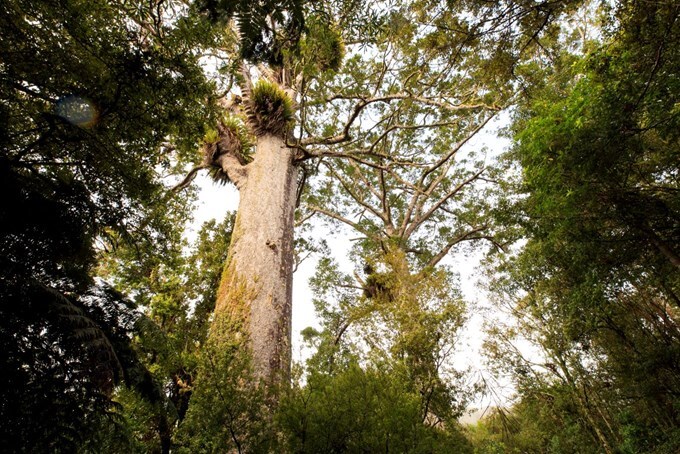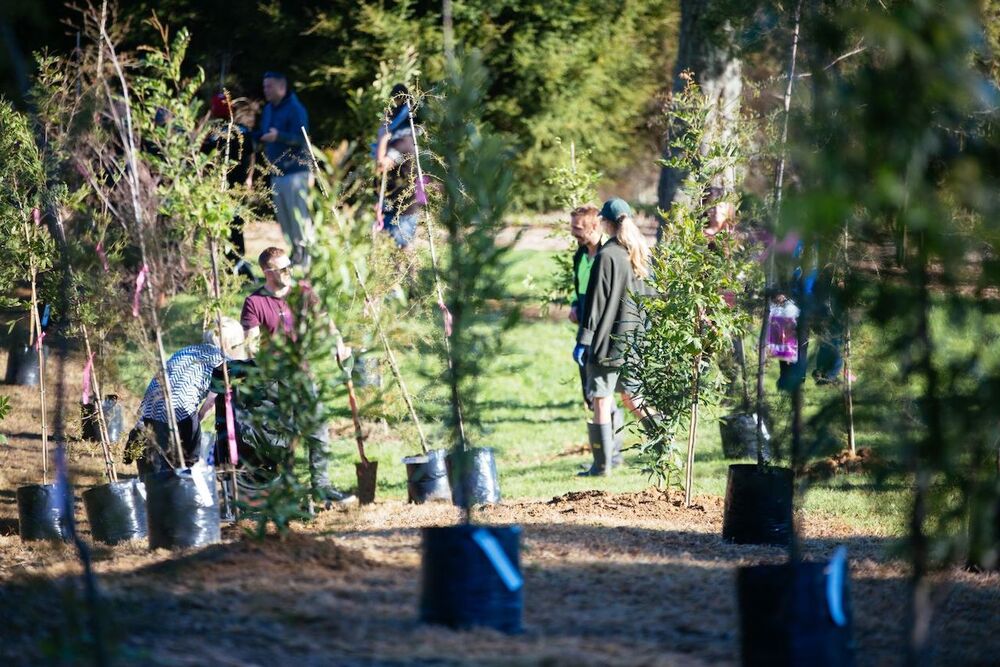Auckland recognised as Tree City of the World
Staff Reporter
31 May 2024, 7:39 PM
 Efforts improve urban forest cover in city.
Efforts improve urban forest cover in city.Auckland has been recognised as a Tree City of the World for the fourth consecutive year, an accolade awarded by the Arbor Day Foundation and the Food and Agriculture Organisation of the United Nations.
Councillor Richard Hills, Chair of Auckland Council’s Planning, Environment and Parks Committee, expressed pride in the city’s recognition.
“Auckland is filled with trees, in our streets, parks, and public places, and I’m thrilled we have been recognised for our efforts in increasing and improving our urban ngahere cover,” Hills said.
The Tree Cities of the World programme acknowledges cities committed to maintaining and managing their urban forests.
Auckland and Tauranga are the only New Zealand cities among the 200 global cities recognised this year across 22 countries.
This achievement underscores Auckland’s commitment to enhancing its green spaces.
The Arbor Day Foundation, the world's largest nonprofit membership organisation dedicated to planting trees, and the FAO, a specialised UN agency, founded the Tree Cities of the World programme in 2019.
The programme promotes sustainable urban forestry practices and the celebration of urban trees.
“Trees are important to people, no matter what country they are from or what language they speak,” said Dan Lambe, chief executive of the Arbor Day Foundation.
“Being recognised in the Tree Cities of the World programme means that Auckland is committing to go above and beyond to define trees as critical green infrastructure for your citizens.”

Kauri trees in the Waitakere Ranges.
Auckland Council's efforts to increase urban tree cover are part of the Urban Ngahere Programme, which began in 2018.
The programme includes planting mature street trees and establishing new forests in regional parks.
In 2023, approximately 750,000 trees and plants were planted across the region, with 18 hectares planted under the programme.
Annually, around 2,000 mature street trees have been planted, a number expected to increase to 5,000 by the end of 2024.

Tree planting. Photo: Auckland Council
Hills highlighted the multifaceted benefits of a healthy urban ngahere.
“A healthy urban ngahere creates a healthy living environment with many social, cultural, economic, and environmental benefits for communities,” he said.
Trees provide shade, reduce emissions, and manage stormwater runoff, making them crucial for the city's liveability.
To earn its Tree Cities of the World status, Auckland Council met five programme standards: establishing responsibility for tree care, setting rules for forest and tree management, maintaining an updated tree inventory, allocating resources for tree management, and holding annual tree celebrations to educate residents.
Auckland Council also facilitates tree planting events, involving mana whenua, schools, volunteers, and community groups.
These efforts contribute to the city’s green spaces, with over 500 community parks supported by local groups.
The groups organise environmental education events, working bees, and social gatherings.
For those interested in participating, Auckland Council welcomes corporate and community groups to volunteer programmes.
Opportunities include planting and plant releasing projects, coastal cleanups, and pest control.
More information is available on the Conservation Auckland website, or by emailing [email protected] for local volunteering opportunities.
Auckland’s recognition as a Tree City of the World reflects its ongoing dedication to creating a healthier, more resilient, and beautiful urban environment for its residents.



